
Aktuelno
Članak
Some tragic fallacies about the verdict for Croatian Six
The recent verdict for 'Croatian Six' which attempted at creating so-called Herzeg-Bosnia, one could write a great deal and from a variety of angles...
.jpg.webp)
By: Prof. Esad DURAKOVIC
The recent verdict for 'Croatian Six' which attempted at creating so-called Herzeg-Bosnia, one could write a great deal and from a variety of angles – as it has been already written about it from diverse political, ideological and other points of view (also theological), with variety of sounds where high-pitched ones dominate. In such overflow of information and opinions, it only seems worth to tease out a few accents, which abundance of comments conveyed by media tempted me to do – in which I noticed serious fallacies or deformations of the essence of this issue.
First of all, we ought to say – to avoid any misunderstandings – that the Croatian politics towards Bosnia during 1990's was inconsistent. The court has established - obviously correctly and with strong argument – that the Army of Republic of Croatia was acting (aggressively) in BiH. All of us who were here then know that.
However, Croatia also embraced large numbers of refugees from BiH who, across Croatia (Split etc.) ventured out into the world. Bosanska Krajina (Western Bosnia), as far as I know, was successfully liberated owing to the support by the Croatian Army.
Having said that, we cannot ignore the fact that, horrible crimes were committed over Bosniaks in BiH by HVO (Croatian Defense Council) and HV (Croatian Army), that whole towns and communities were destroyed, that concentration camps for torturing Bosniaks were created and run etc. Those crimes were carried out institutionally, as a part of a strategy and politics. The public and the actual politics have to face that. And this is where the first point comes in:
1. Media are filled with comments, even insisting that, the verdict was for individuals. That is being underlined as if to say that the PEOPLE ARE NOT GUILTY. It is true that never and nowhere one whole nation can be guilty, nor the nation could be tried, however, one should not fall into a trap in order to avoid the first presumption. Prlic et al. (Croatian Six) were not tried and they were not pronounced guilty as individuals but as real, effective INSTITUTIONS that is, leaders of the institutions in which name they carried out the crimes. That is the major difference! It still holds that the nation is not to be blamed (in this case, Croatian nation or people), but the INSTITUTIONS were before the court (military, police, government of Herceg-Bosna). That is the state of the things.
2. Media and politicians keep posing one false dilemma, as a rhetorical questions: to what extent these verdicts contribute to the process of reconciliation among peoples, suggesting by this question that there is no contribution at all, au contraire. How should the court (any court for that matter) work in order to contribute to the reconciliation among the people?! The court has the mandate to ESTABLISH THE TRUTH, LEGAL FACTS, and such facts should be, as they are, the only basis for reconciliation, under the condition that we have, after all the horrible experiences, healthy politicians working on ideological 'decontamination' of the collective conscience, history and the present.
The court mustn't and cannot falsify state of facts in order to (apparently) motivate some people to reconcile. Such people do not really care about the reconciliation as they profit from conflict.
3. I always write with a great regret that, these past years the political leadership of HDZ in Croatia has been constantly carrying out some sort of political aggression on BiH. Let us recall Croatian officials bursting into Stolac, Plenkovic's visitations of 'Croat territories' in BiH, avoiding Sarajevo etc. There is a plethora of examples. That is completely wrong and not a bit friendly behavior of HDZ leader from Croatia, which I do not identify with that group. I particularly do not identify Croatian people with that political group. These aggressive diplomatic intrusions demonstrate continuity of ill intentions and goals from 1990's. Why can't they stop that already?
4. That exactly is the point! All these people in BiH could move forward (BiH as a whole) under one condition only: that political 'elites' accept historical and legal reality (of The Hague), and to act within their own people, institutionally and persistently, on a long-term basis, so that their people understand and accept that tremendous mistakes were made and, after such realization, everyone begins to move forward, because only together, without confrontations, we can start making progress together.
Instead, those political 'elites' make victims and heroes of those who were, as representatives of (their) institutions, committing crimes (let's recall recent poster 'Mladic, you are our hero').
That politics continually contaminates and intoxicates the conscience of a great part of one nation, which sabotages reconciliation and a joint step forward, a step out to a collective salvation. At the same time, a significant part of the nation celebrates those deranged politicians who glorify war criminals as heroes. Those are total paradoxes of the ill societies.
Just look at how Germans became a healthy nation: they have been persistently, through generations, at every step and every opportunity, systematically admitting guilt for Holocaust and the World War II in general. That's how they liberated and unburdened many generations. And that is a big nation! The politicians here have been doing something quite contrary: they celebrate their war criminals, they bless them both politically and religiously – as saints, martyrs, as heroes... That is the destiny step which thwarts reconciliation, and not The Hague verdicts.
Yet the worst part of it: by this, the future generations will not unburden the responsibility of their ancestors as that will always be a warning that not everything is over, that we are psychologically still in war and that the nation/s ought to be ready for some new wars.
I call that demonism of the politics.
#English
Najnovije
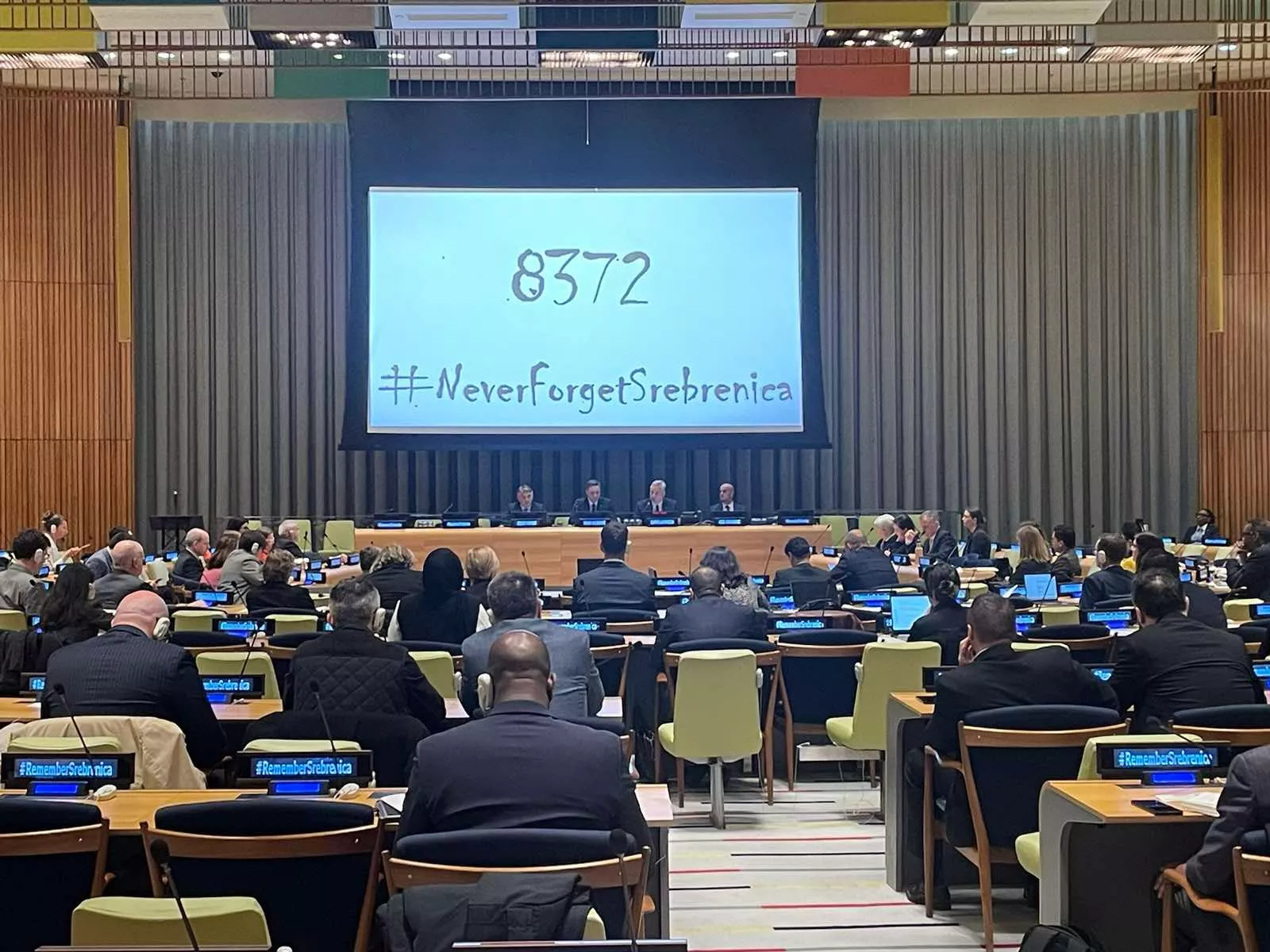
Bećirović i Komšić u UN-u: Rezolucija o genocidu u Srebrenici nije uperena ni protiv jednog naroda, ovo je ispit za UN
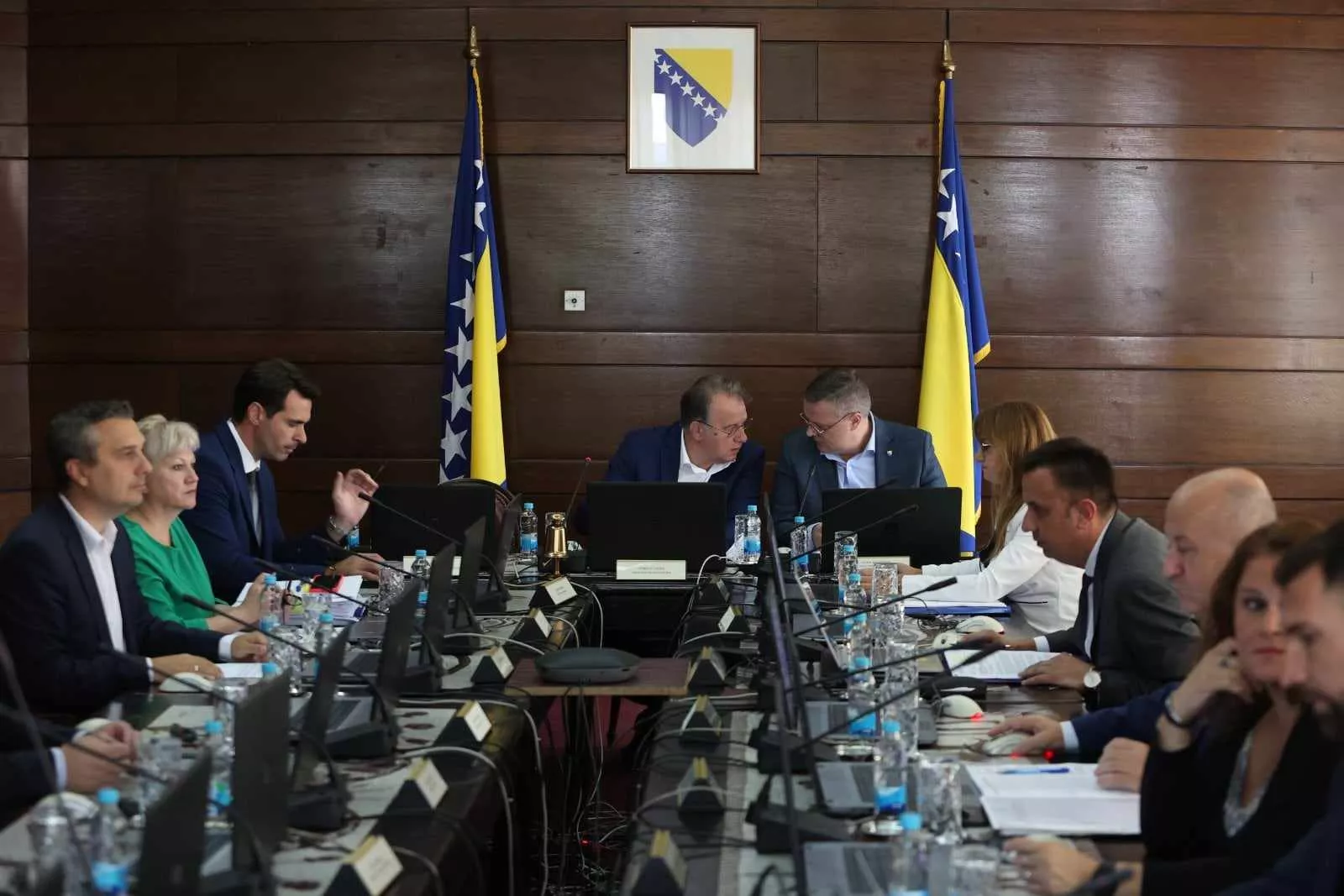
FMERI: Cijena plina u naredna tri mjeseca ostaje ista uprkos povećanju nabavne cijene
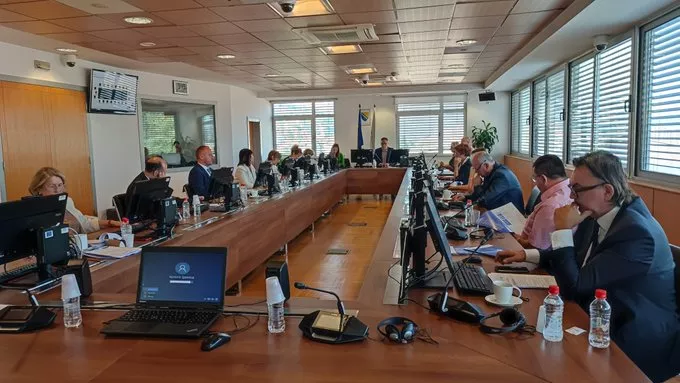
ISTEKAO ROK, NEMA NI PARA Nosioci pravosudnih funkcija ne znaju kada preuzimaju dužnost, VSTV bez Odjela za provjeru imovine
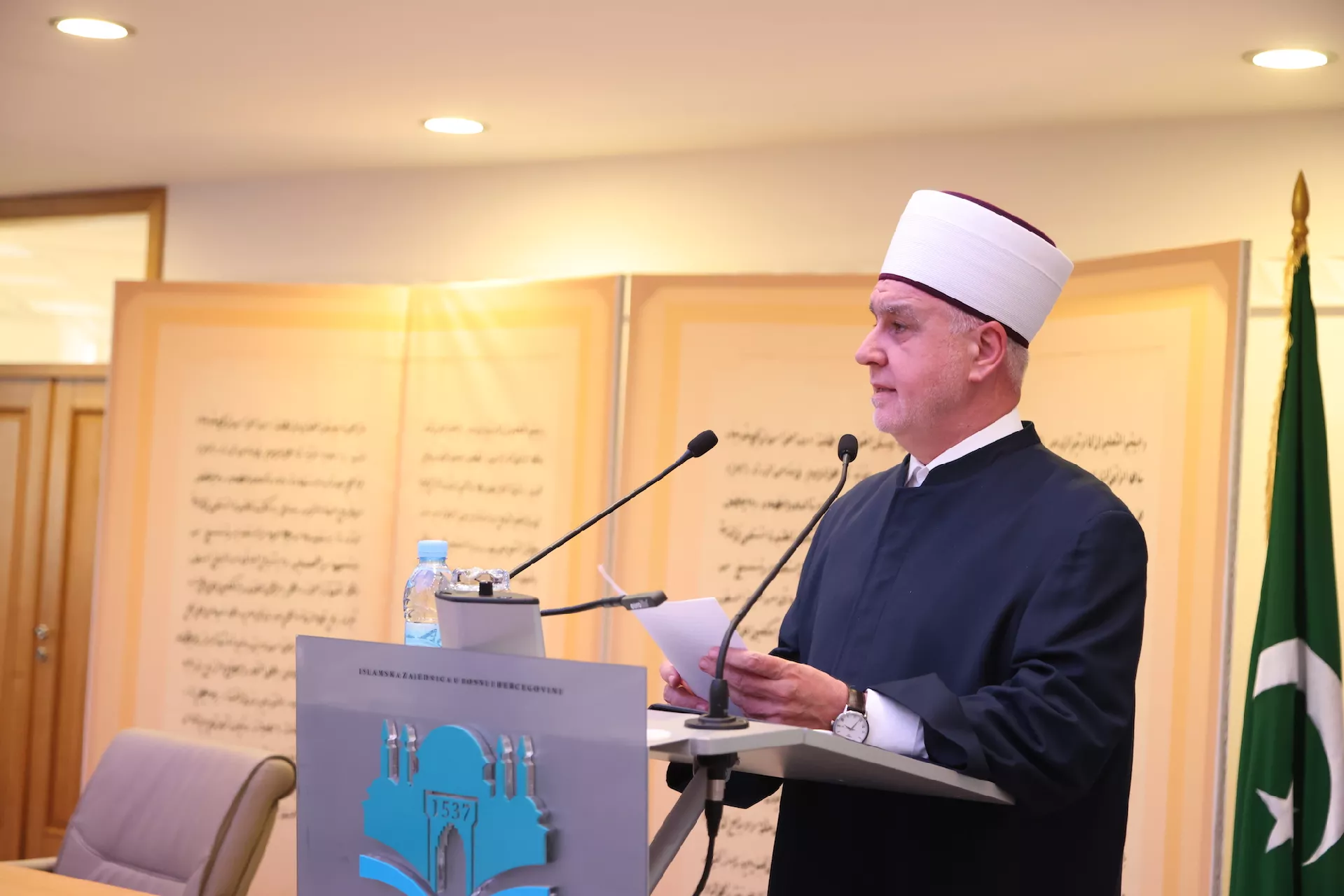
Reisul-ulema Kavazović: Svijest našeg naroda o značaju vakufa i njegovoj ulozi je živa

Šaljić: Trojkin odlazak u Lukavicu na noge Dodiku ne može se 'oprati' ničim, ma koliko se trudili
Najčitanije
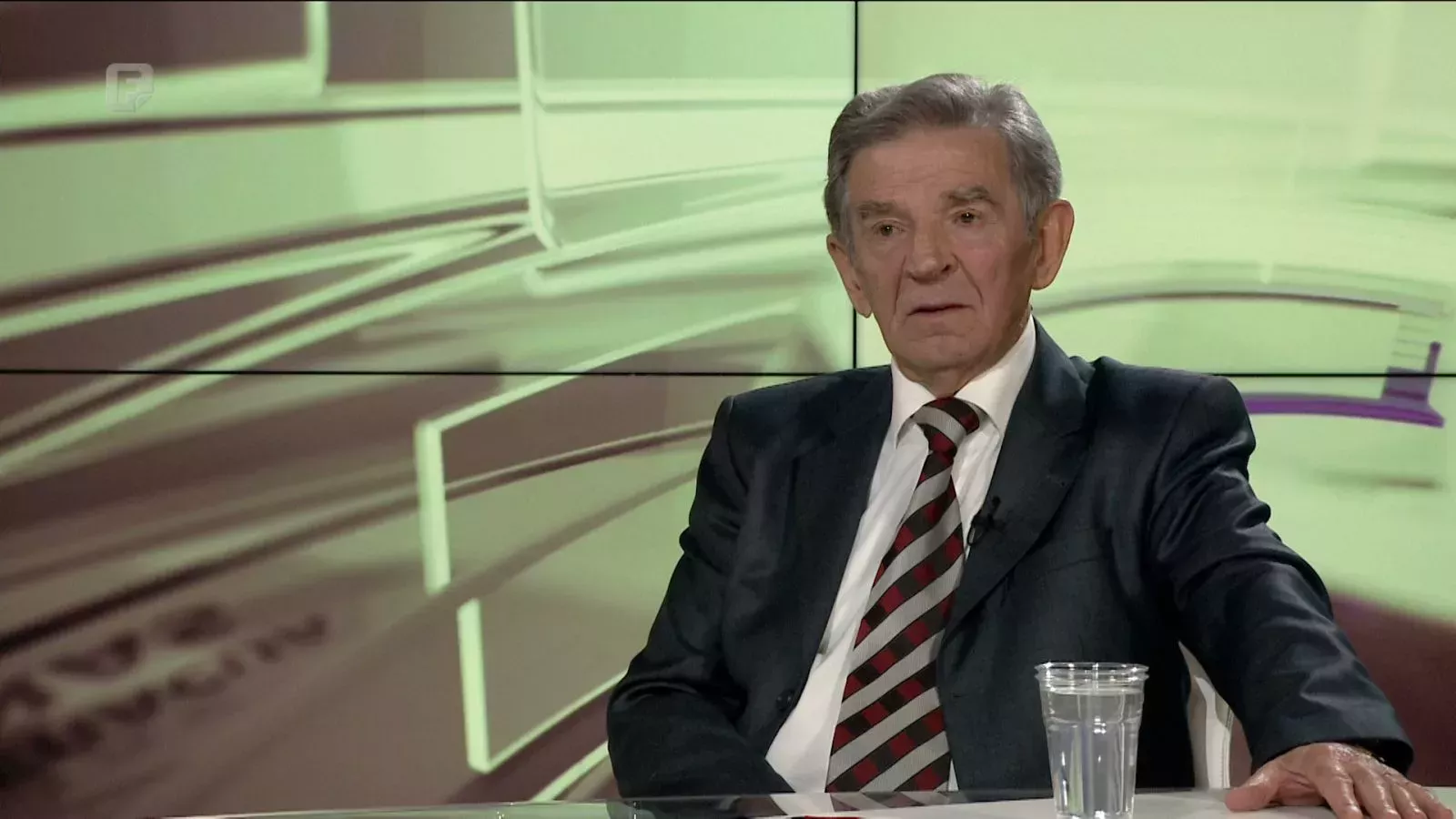
Duraković: Zašto je panbošnjački sabor krupna politička greška, izuzetno štetna za Bošnjake
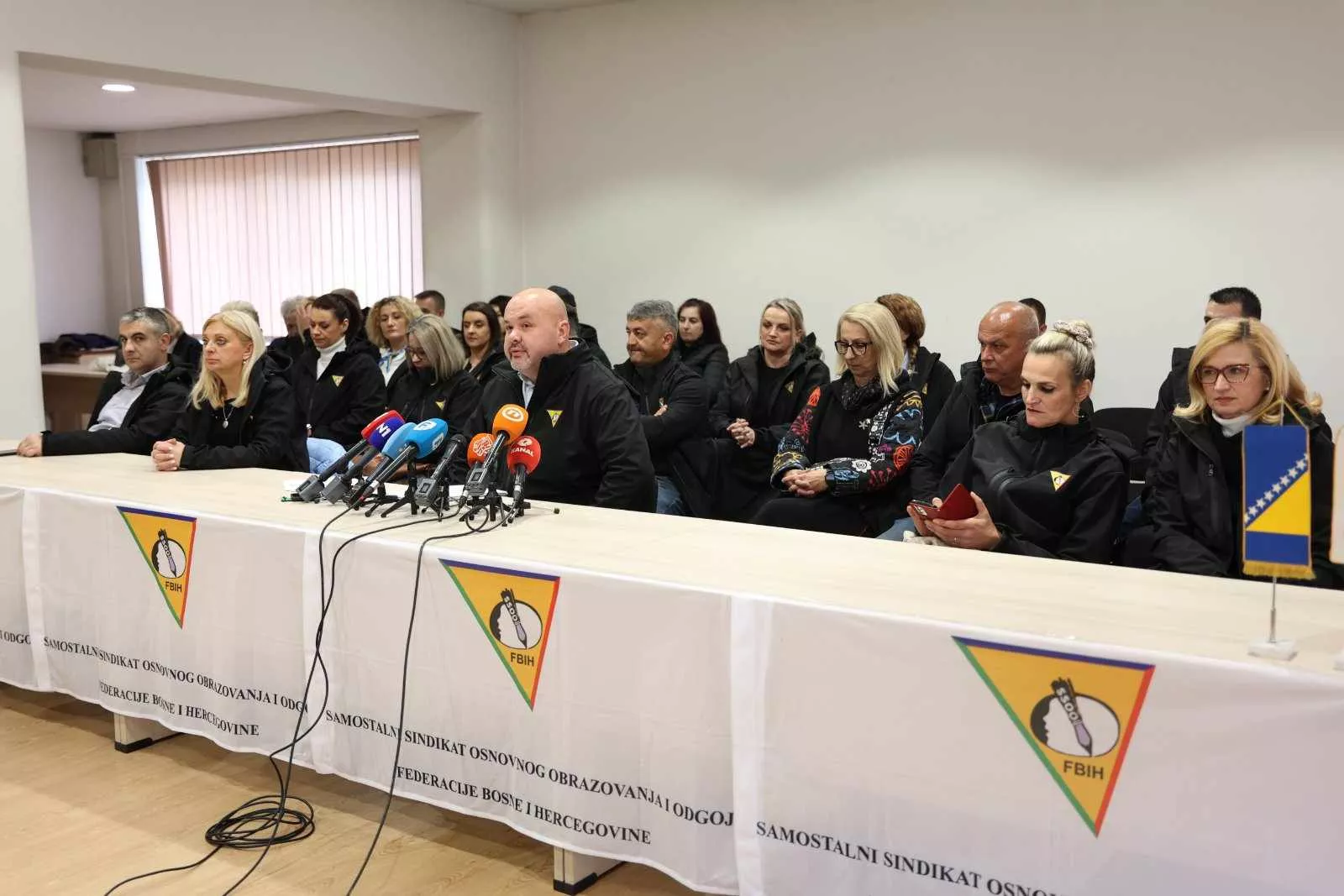
Sivro: Vlada KS ruši obrazovanje, ministrica želi da zna imenom i prezimenom ko štrajkuje
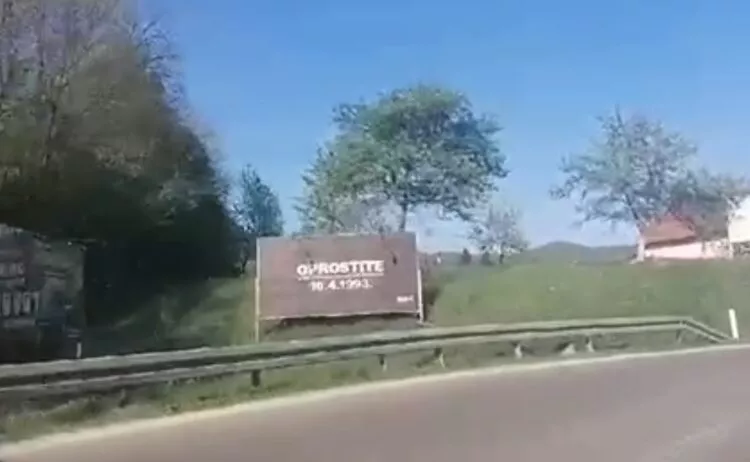
VIDEO Na ulazu u Ahmiće postavljen plakat sa natpisom 'Oprostite u ime građana Republike Hrvatske'

Golob uvjeren da samo on i Janković vladaju politikom: Vučić kadrovik pokreta Svoboda, Banjaluka osvaja Ljubljanu!
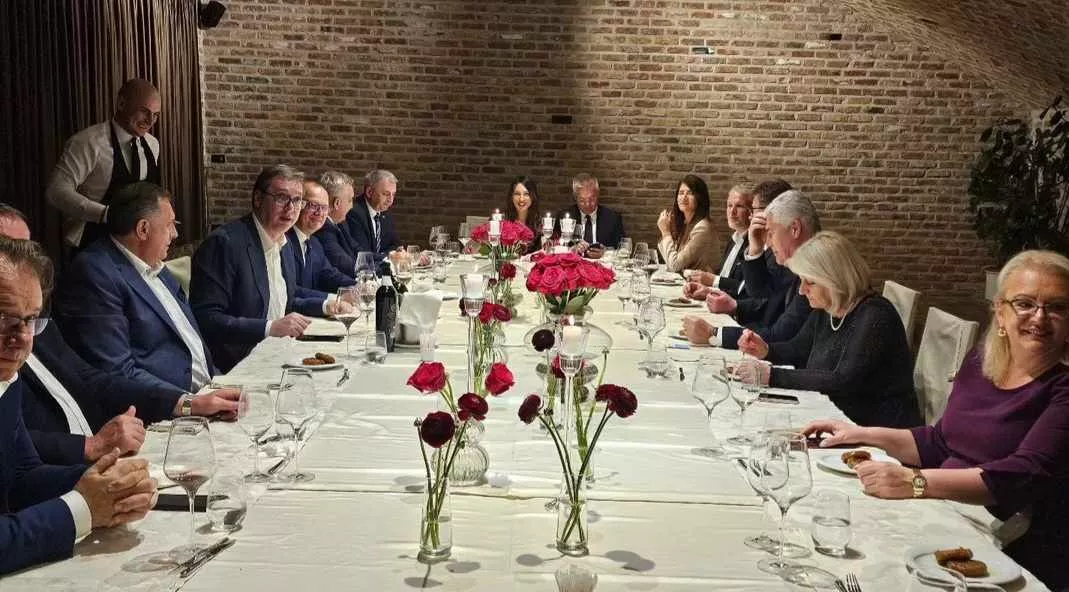
Nikšić u ćošku stola i slike: Nermin izviruje karte 'srpskog sveta' i 'banovine Hrvatske' i daje im legitimitet!
